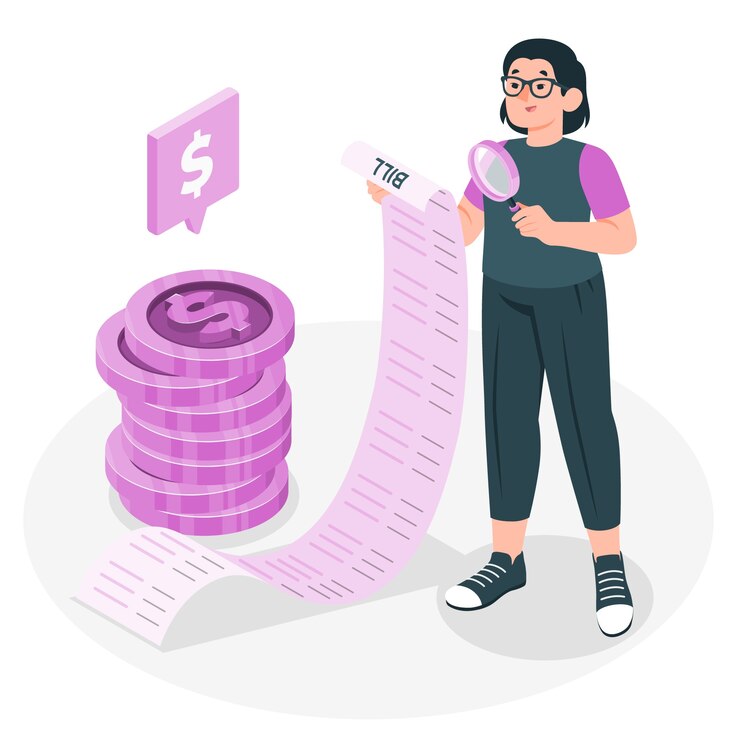Managing debt can be difficult, especially when unexpected situations affect your income. During such times, loan settlement might appear to be a helpful solution. But settling a loan is a big financial decision that comes with long-term consequences. So, when exactly is the right time to go for loan settlement? Let’s take a closer look.
What is Loan Settlement?
Loan settlement is when the lender and borrower agree on a reduced lump sum payment to close a loan account. This “full and final” payment is usually less than the outstanding loan amount and is considered when the borrower is unable to continue regular payments due to financial distress such as job loss, health issues, or personal emergencies.
For many facing bank harassment or regular recovery calls, settlement seems like the only option to get back peace of mind.
Implications to Understand
Before making a decision, it’s important to understand how loan settlement can affect your financial profile:
Credit Score Impact
Settling a loan impacts your credit score because the lender reports it as “settled” instead of “closed.” This tells future lenders that you did not repay the full amount, making them hesitant to approve your applications.
Limited Access to Credit
A settled loan can label you as a risky borrower. You may face difficulty getting new loans or credit cards, or may have to pay higher interest rates.
Short-Term Relief, Long-Term Cost
While loan settlement provides immediate relief, it can limit your financial flexibility in the future. It’s important to understand that the effect of one decision may last several years.
When Should You Consider Loan Settlement?
Loan settlement should always be a last option, used only when all other solutions are not working. Here are some situations where it might make sense:
1. Major Financial Emergency
If you’re facing a serious crisis—like a medical emergency, a natural disaster, or long-term unemployment—where managing your loan is no longer possible, settlement could be a practical choice.
2. No Feasible Repayment Plan
If you’ve already tried extending the tenure, restructuring the loan, or requesting moratoriums, but still cannot manage the EMIs, continuing to delay may lead to loan default. In such cases, negotiating a final settlement may reduce stress and legal risks.
3. Avoiding Legal Trouble
If you’ve received warnings about legal action or are worried about asset seizure, a loan settlement may be a way to stop things from getting worse—provided the lender agrees to it.
4. Availability of One-Time Funds
If you’ve arranged a lump sum—through savings, support from family, or asset sale—you may be able to settle the loan at a lower amount and close the matter without dragging it out further.
Things to Do Before Settling Your Loan
Here are a few important steps to take before finalizing any settlement:
Explore All Alternatives First
Always check if the lender can reduce your EMI or offer a temporary pause in payments. Most lenders want to recover the loan, and many are open to discussions before going into settlement mode.
Talk to an Expert
A financial advisor or a debt relief expert can help you understand the risks and benefits, based on your financial condition. If you’re facing bank harassment due to missed payments, don’t wait too long to seek help.
Get a Written Agreement
If you decide to settle, make sure you get written confirmation from the lender that the loan is marked as “settled” and there are no further dues.
Check Your Credit Report
After the process is complete, monitor your credit report to ensure the status has been updated properly. Mistakes in reporting can affect your credit health further.
Final Thoughts
Loan settlement can be a relief in times of serious financial distress, but it should never be the first option. Use it only when all other methods have failed and you understand its impact on your future borrowing ability. Being aware of your borrower rights, staying informed, and getting professional support can help you handle the situation better.
If you’re dealing with repeated calls, threats, or stress from lenders, the team at Bank Harassment can guide you. Don’t wait for things to escalate. Contact Us today to explore practical and legal options that can help you move forward.



